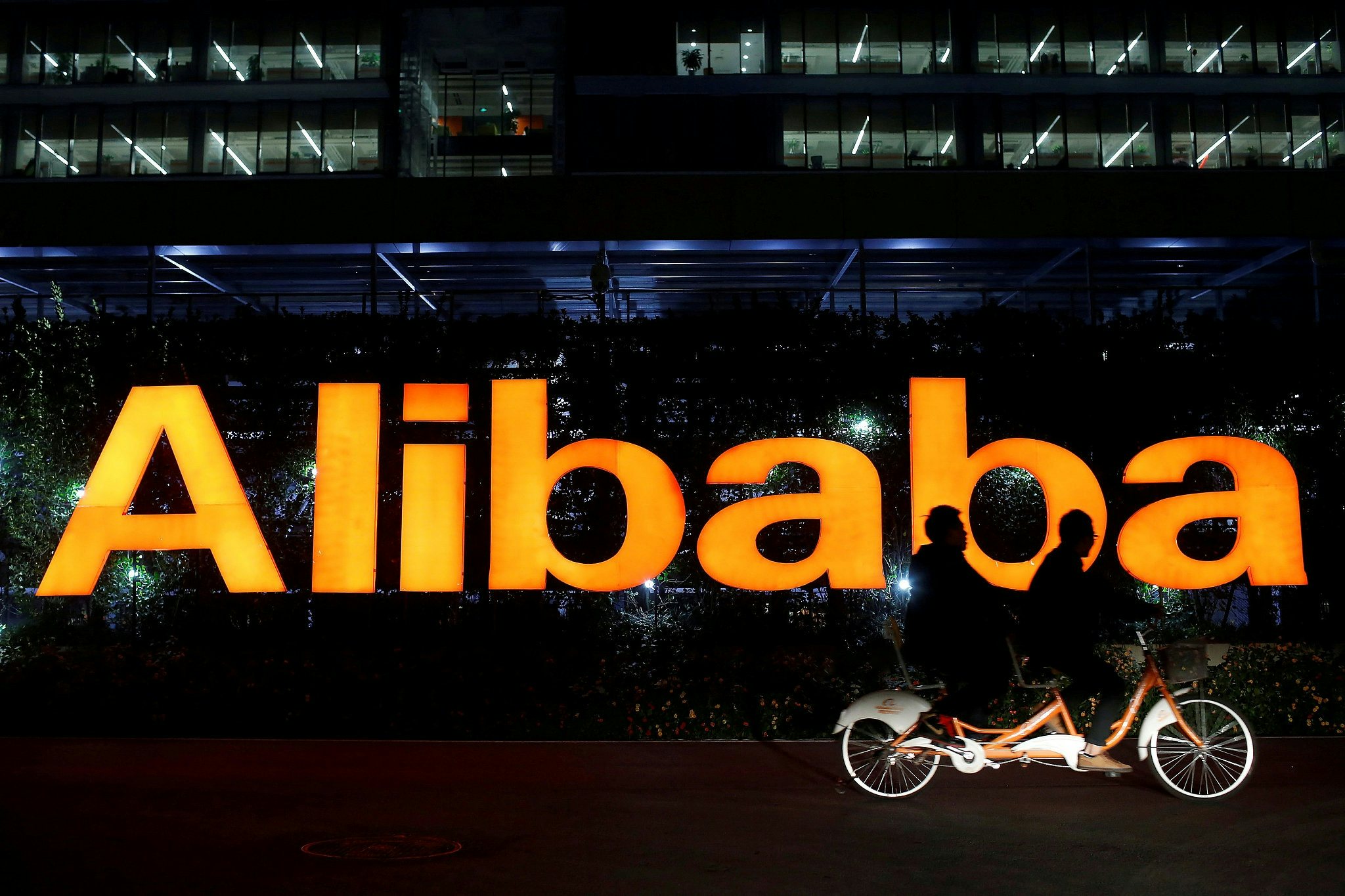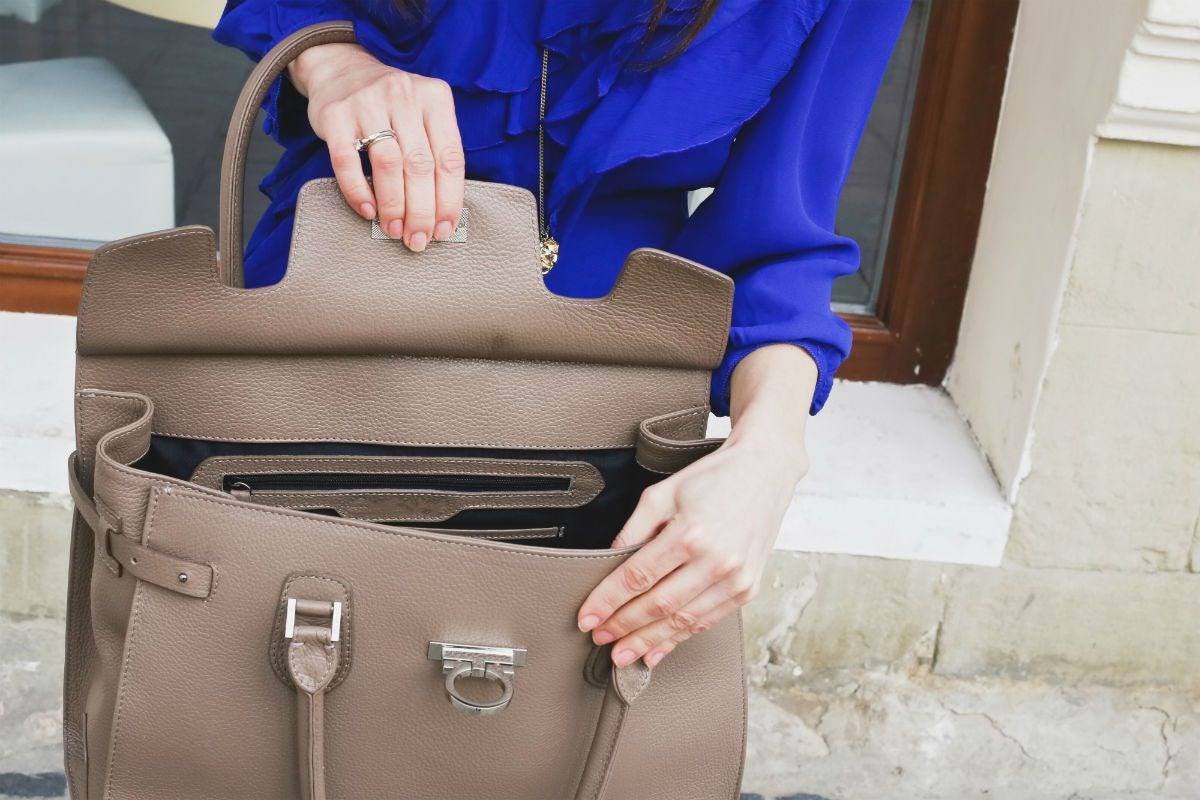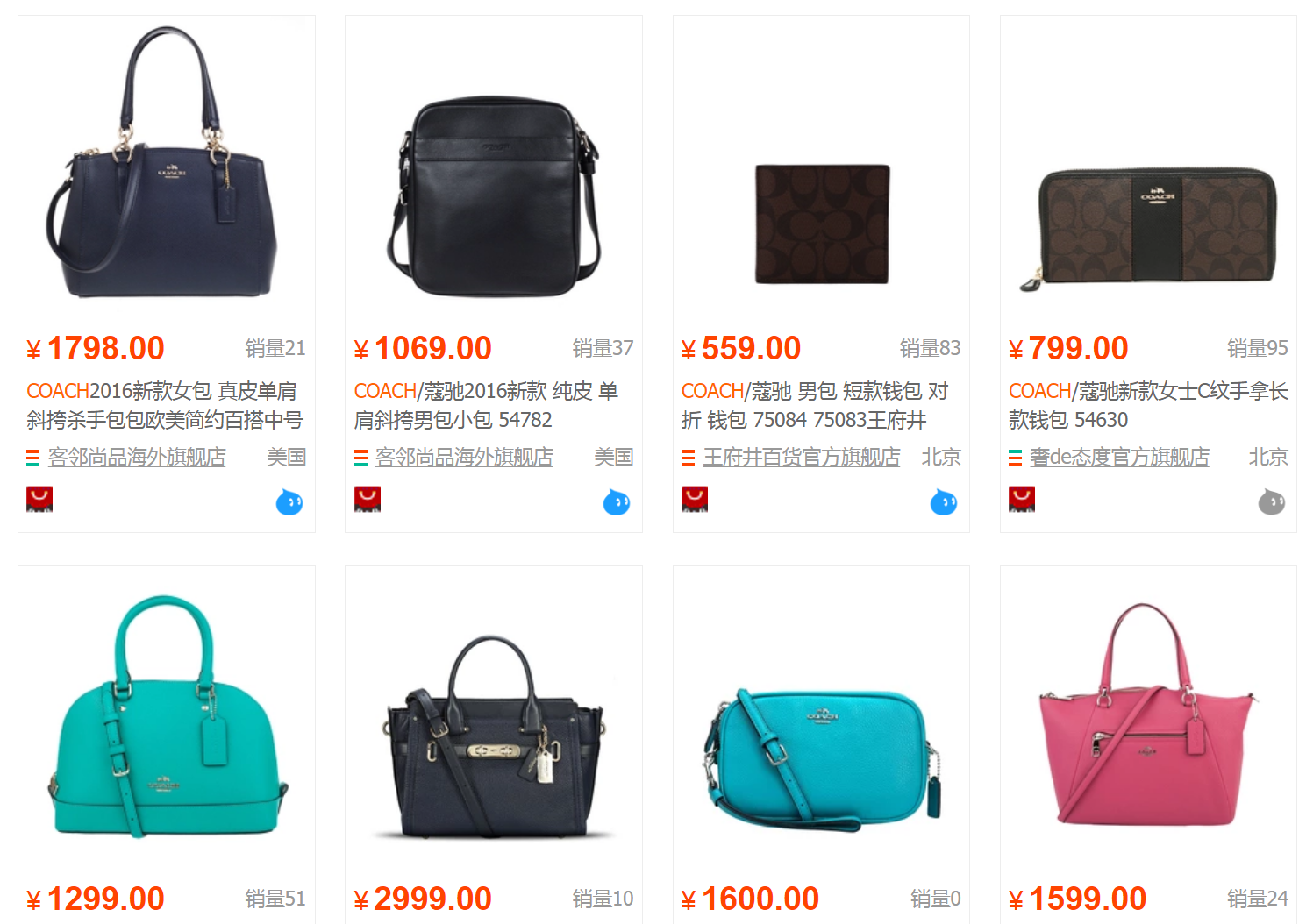Alibaba's Taobao Wins Landmark Legal Case Against Counterfeiters#
The Shanghai People’s Court of Fengxian District on July 20 ruled that a Chinese pet food seller on Taobao must compensate the online shopping website 120,000 yuan (17,753.4) within 10 days for selling fake cat food by the French premium pet food manufacturer Royal Canin on the platform, according to a report by The Straits Times.
It is the first time that a Chinese court has made a ruling in this type of case. The victory also represents a milestone for Taobao, China’s e-commerce giant owned by Alibaba Group, which is on a mission to fight the rampant counterfeiting problem on its platform.
According to the court, the defendant, whose last name is Yao, started selling Royal Canin pet food on Taobao in January 2015. Around May 2016, Taobao suspected the authenticity of Yao’s goods. It thus anonymously purchased a portion of cat food worth 99 yuan (15) from Yao’s online store and submitted it to Mars, Incorporated (which acquired Royal Canin in 2001) for inspection.
While the QR code, the verification code and the packaging of the pet food sold on Yao’s Taobao store were found to be identical with the real one provided by Mars, Incorporated, the ingredients in the food were different.
Taobao submitted the evidence to the Chinese police and assisted it in the investigation. Yao was finally arrested in December 2016.
In March, Taobao officially filed a lawsuit against Yao in Shanghai People’s Court of Fengxian District, demanding compensation in the amount of 2.87 million yuan (424,602) and an apology from Yao.
What Are Some Takeaways for Luxury Labels?#
Though the subject of this case is cat food, it still holds great significance for Taobao and Alibaba, which, in recent years, has also shown strong determination to combat its longtime problem with counterfeits in order to win the support from different stakeholders.
"The Taobao system in China remains full of counterfeit products," said Steve Dickinson, an Attorney with Harris & Bricken whose focus is assisting foreign companies doing business in and with China. "Most analysts believe these products are the core of the Taobao system."
The counterfeit issue has jeopardized Alibaba’s expansion into the luxury sector and many luxury brands view the group as part of the problem instead of the solution. In December 2016, the Office of the U.S. Trade Representative (USTR) designated Alibaba a “notorious market” and blocked it.
In response to the negative public perception, in a number of public speeches, Alibaba’s Jack Ma has reiterated how the firm has been prioritizing removing counterfeit products from the site and taking every step they can to solve the problem. The company is said to have a special team of 2,000 people with an annual expenditure of 1 billion yuan working on detecting and eliminating fake products on Taobao and Tmall. In 2016 alone, the team has helped catch a total of 880 suspects, according to the Straits Times.
Alibaba has also taken legal action on the luxury front. In January of this year, the company filed a lawsuit in Shenzhen People's Court of Longgang District against two merchants for selling fake Swarovski watches, asking for compensation of 1.4 million yuan (207,345).
However, about whether luxury players, such as Swarovski, should find solace in the victory of the pet food case, Dickinson said the circumstances varied.
"Certainly, if fake cat food harms the Taobao image, fake luxury goods would be even more damaging," he said but noted a major difference in the two cases. "For the cat food, the purchaser would assume it is authentic. For the luxury goods, they know they are buying a fake. So the situation is really quite different."
This difference has shed light on what might be the best way for luxury brands to protect their intellectual property in China.
"If foreign companies want to be protected, they have to do the work themselves," said Dickinson. However, this has not been a common practice by luxury labels in China yet. In his observation, foreigners are happy to complain about the situation, but then they want someone else to solve the problem for them.
"That won't work," said Dickinson. "Only an aggressive program by the owner of the brand will bring results."


